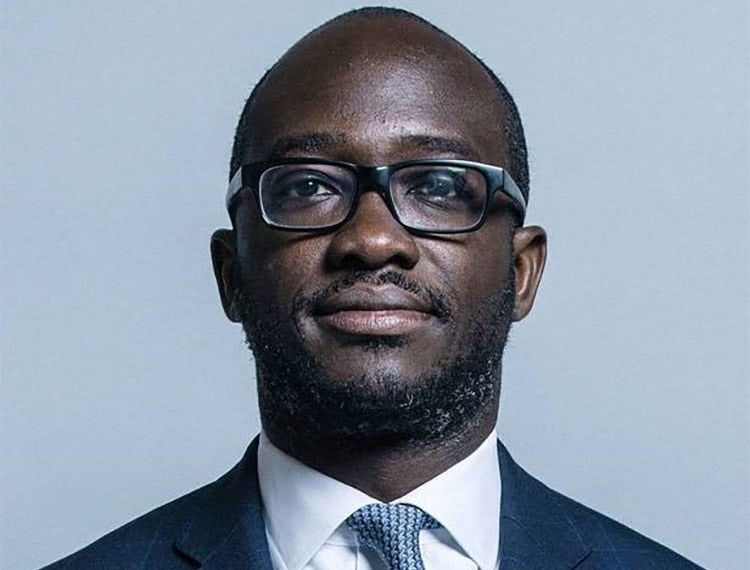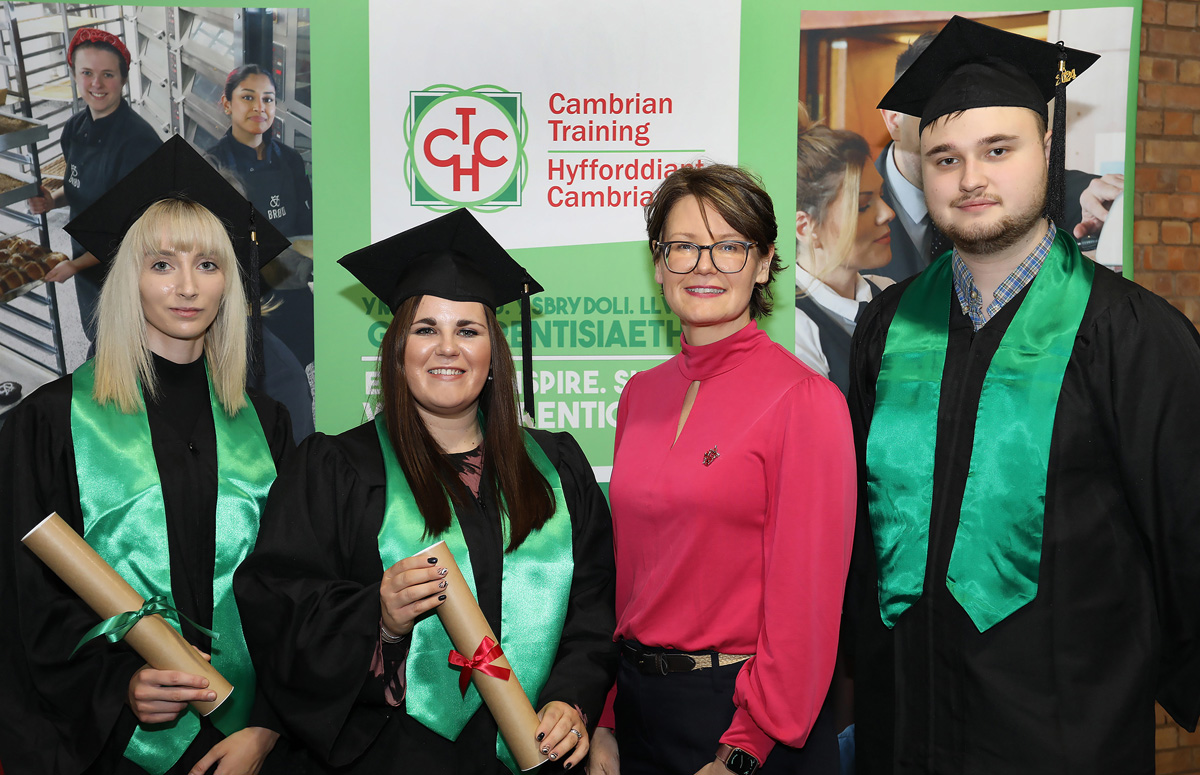Essex Vice Chancellor writes open letter to Universities Minister on Brexit and Global Britain

The full text is below:
Dear Mr Gyimah
I am writing an open letter to you to say that with students and staff from over 140 countries, the University of Essex is one of the most international universities in the world, so we are well placed to offer a comprehensive insight into what a vision for Global Britain should mean when the UK leaves the EU next year. Following the Brexit vote, we re-stated our commitment to being a truly international and cosmopolitan university, creating global citizens who want to make the world a better place.
At Essex we are continuing to develop new partnerships around the world, but we are putting equal time and energy into nurturing partnerships in the EU. While some might think this counter intuitive in the age of Brexit, Essex’s international perspective means that we understand that Global Britain can be most successful after Brexit by forging a special relationship with the EU’s remaining 27 countries (EU27).
At Essex this really matters to us. We’re ranked 2nd in the UK and 14th in the World for international outlook by the Times Higher Education in 2018. Within our community, 50% of our academic staff are international, with EU nationals not from the UK accounting for 53% of this total, spanning early career staff such as postdoctoral researchers and more established academic colleagues. They have made the UK their home and contribute in many positive ways to the intellectual, economic and social fabric of our local and scholarly communities. Likewise EU27 professional services staff at Essex contribute vital skills and expertise to support our mission of excellence in education and research.
The nature of the UK’s new relationship with the rest of the EU is vital in determining the future of the UK’s scientific standing. Producing 11.6% of the world’s citations and 15.9% of the most highly-cited articles, the UK is rightly admired as a beacon of scientific excellence. The UK constitutes just 0.9% of global population and has 4.1 % of the world’s researchers. Amongst our comparator countries, the UK has overtaken the USA to rank 1st by field-weighted citation impact of scholarly publications. After the USA, we have more universities in the top 100 in the world than any other country.
Our global scientific impact has not occurred despite our membership of the EU – that is the foundation upon which it is has been built. This should be no surprise: for over 45 years, membership of the EU has allowed staff and student exchange across countries, research collaboration, joint degrees and a shared academic infrastructure of common quality and standards and mutual recognition of degrees. It has also enabled engagement in large scale research facilities that have supported staff in UK universities to become world leaders. The depth and breadth of this scholarly engagement is unmatched by any other country across the globe or at any other time in the history of the world.
For those committed to ensuring the UK.remains a global scientific pioneer – and we all should – we need to recognise the importance of our existing EU links. We need to continue to nurture our special relationship with the EU 27 countries now and after the UK leaves the EU. Emotions around Brexit are running high, but we must not allow the Government’s focus on creating a Global Britain to be misunderstood. We must challenge claims that seek to deny or trivialise the contribution our relationship has already made to our global academic standing; we must refute crude zero sum claims that a Global Britain can only be forged by de-prioritising our EU 27 links; and we must correct any miscalculation of the effort the UK now needs to invest to sustain strong scientific links with academics, civil society, businesses and governments.
To progress this inclusive vision of what a future Global Britain should mean, our Government must:
Ensure that UK universities can continue to offer undergraduate and postgraduate courses that include a work or study abroad experience. To ensure that our students are not excluded from learning opportunities in the 27 countries of the EU and its 442 million people, full engagement with the EU’s Erasmus + programmes is essential. Without the capability to promote student exchange with EU 27 countries our ability in the UK to educate global citizens will be compromised.
Promote our ability to recruit the best staff from around the world. Net migration is a priority for the Government, but future policy will require a deftness of touch to ensure the UK remains a global destination of choice for talented students, academics and professionals from the EU 27, with the UK their preferred intellectual home. Of the 26,405 total academic fixed-term staff of international origin across all disciplines working at UK universities, 14,945 (or 57%) of them are from EEA countries. Removing any limit on the number of skilled workers who can receive a Tier 2 visa to work in the UK is a positive step. However, the Migration Advisory Committee suggests that the salary threshold for those who can obtain a Tier 2 visa should remain set at £30,000. Research Professional has estimated that this will affect 15,000 staff currently working in UK Universities and 5,000 academics, who earn below that threshold and may, as a consequence, not have been entitled to enter the UK had they been required to meet the earnings test (Note 1). So future rules governing the entry of highly skilled staff to the UK need to recognise that, in a university context, highly skilled employment and high earnings are not coincident and existing staff should have their right to work confirmed.
Finally, access to research networks in the EU 27 countries remains vital. This is not just a matter of access to EU research and innovation funds – notably Horizon 2020 and its successor Horizon Europe. Access to scientific research networks is key to the significant achievements of UK scholarly work and to the advancement of science. It is essential to sustaining the UK’s global scientific impact.
Realising the Government’s commitment to nurturing a Global Britain is the challenge of our time. The Government needs to recognise that maintaining a mutually beneficial post Brexit relationship with our closest 27 European partners is mission critical to achieving its ambitions.
Yours sincerely,
Professor Anthony Forster,
Vice Chancellor, University of Essex
Note 1: 8am Playbook: Application denied, Research Professional, 1 Nov 2018











Responses